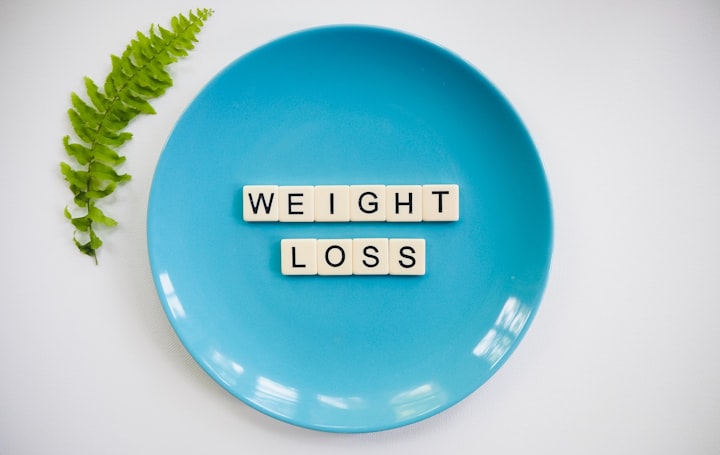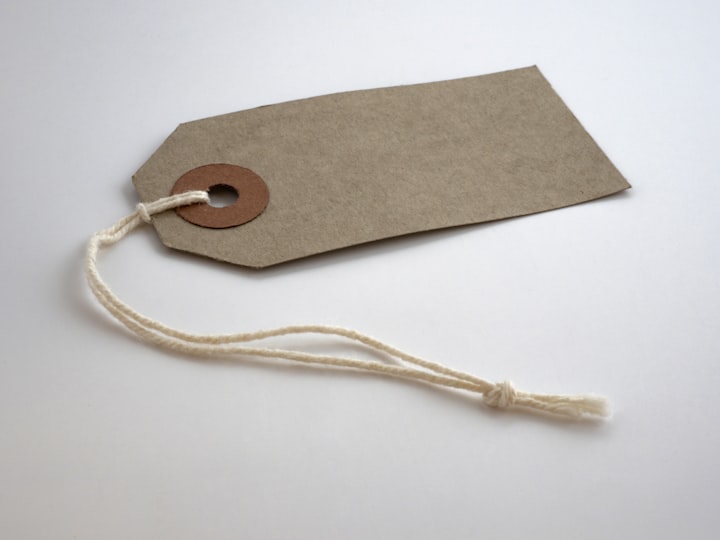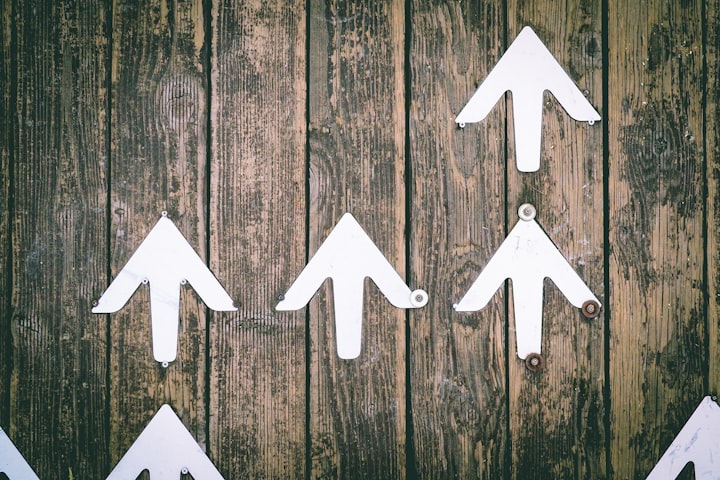
I have always loved eating.
For me, eating oily, unhealthy fast food was equivalent to soothing myself with love. Whenever I was in pain, I ordered food. When I was grieving, I ate out. My obsession with fast food was not limited to negative events. Whenever I achieved something, I celebrated by going out and dining in my favorite fast food joints.
If I try very hard to remember, I would say that it was puberty that really made me find comfort in the salty, spicy dishes. I was an emerging teenager when I discovered the MSG-laden Chinese food near my house. Whenever my teenage hormones would go haywire, I would run out and go to the eating place to gorge on hot spring rolls and chili potato.
After crying my eyes out, a hot, steaming plate of momo gave me a comforting hug.

Luckily for me, my mother did not allow me to binge on this unhealthy food. She would let me have one plate, once in a while. This really helped me keep my weight under control. I was in the average weight range. Not only my body felt good, but my energy levels were high.
However, this all changed after I moved away to college.

I decided to live in a rented flat, instead of dorms. This gave me the flexibility to order whenever I wanted. I found myself satisfying my previously unfulfilled desires. I was ordering late-night snacks. Some days I was eating out all the 4 meals. Tasteless hostel food did not help the situation at all.
After a couple of months filled with fast food and intense joy, I started feeling guilty. My clothes were getting tight. Climbing stairs to my room became a difficult chore. I was tired all the time. This weight gain and lack of exercise even affected my mental health adversely.
Whenever I would decide to start eating healthy, I would automatically crave outside food. My mind would develop rationalization for my decision to order. I had a bundle of excuses I would use to allow myself to order out. I would tell myself that it's just one meal. After eating I would feel guilty about it.

I was stuck in a terrible cycle of guilt and self-hatred. I was finding it hard to control my behavior and stop ordering fast food. With the COVID and lockdown, I finally decided to use the extra time on my hand to my advantage and use my knowledge about psychology to help me not only lose the extra fat around my belly but also adopt healthy habits to maintain the weight when I go back to the college.
How Behavioral Psychology works

The major credit for the firm establishment of the school of behaviorism is given to John B Watson. In 1913, he wrote a paper titled “Psychology as the Behaviorist Views It” where he focused on behavior as a major unit of analysis in Psychology.
He entirely negated the idea of mind and unconscious and believed that behavior could be modified and adapted to change the person entirely. It was believed that new behavior could be developed as a result of conditioning to external stimuli.
One of the most widely popular quote by Watson is:
“Give me a dozen healthy infants, well-formed, and my own specified world to bring them up in and I’ll guarantee to take any one at random and train him to become any type of specialist I might select — doctor, lawyer, artist, merchant-chief and, yes, even beggar-man and thief, regardless of his talents, penchants, tendencies, abilities, vocations, and race of his ancestors.”
How to start

Start by taking a photo of your body and measuring the weight and waist before beginning with the techniques. Having a baseline was the necessary point in order to measure the benefit and motivate me to keep working. A tip I would suggest is to take the photo in ample lighting since lighting can really make your body appear differently. I also kept a separate notebook for the purpose of this experiment.
Next, set your goals. It is seen that you are 42 percent more likely to achieve your goals if you write them down on a piece of paper.
I decided to target two areas:
- Eating healthy and avoiding junk food. Junk food was allowed once a week for one meal.
- Including exercise in the routine and sticking to that.
Premack’s Principle

Premack’s principle is another behaviorist concept that is based on the idea of reinforcement.
A behavior that is highly desirable acts as a motivator for engaging in a behavior that you do not like much.
For example, in a study, children were asked to study and score well to get time to play in the ground. It was found that such children actually scored well and spent more time on school work. The playtime became contingent on finishing schoolwork.
I used this principle to motivate me to eat healthy food. I decided that every healthy meal (except breakfast) would be followed by a small piece of dark chocolate.
I went with dark chocolate as according to an article, regular addition to the diet has the possibility of decreasing stroke and heart diseases by 30 and 40 percent respectively. In addition to this, this can improve workout sessions as well. I like dark chocolate, so the bitter taste was not an issue for me at all.
I bought a couple of bars of dark chocolate from my local grocery store and cut them into small pieces. This ensured that I did not get greedy and eat more. Then, after every lunch and dinner meal, I ate one piece each.
Token economy

The token economy is one of my favorites techniques in behaviorism. It is a system where the person is giving tokens (like stamps) for certain behaviors. Once enough tokens are accumulated, they can be exchanged for an actual object that the person wants.
The aim is to help a person stick to the behavior. While it is a widely popular technique to be used with children, I went on to use it for my purpose.
I drew a chart where I noted down all the actions I was supposed to take to earn points. Each behavior was given a set point. For example, for exercising, I kept the highest point of 50 because it was something I have really struggled with in the past. For eating a bowl of salads, a point of 25 was kept. Walking downstairs, instead of using a lift was another 20 points.
I made another key chart consisting of a list of my favorite activities that I like indulging in once in a while. I made sure that I could do those activities only if I had the set amount of accumulated points. For example, I like binge-watching Korean dramas but I am rarely able to do it because of my school work. I decided to assign it a value of 200 points.
The greatest reward was being able to eat out/order food once in 7 days. I made it so that only if I am able to collect 300 points, I will allow myself to eat junk food.
This turned out to be the most fun activity out of all. I really enjoyed making charts and marking myself points for actions such as eating and exercising. It really helped me stick to the routine. Also, seeing the points increase was a satisfying feeling for me.
Extinction

Extinction is described as cutting down the thing that is leading you to engage in undesirable behavior. For example, an organization might stop giving overtime pay to discourage workers from staying until late in the office. Thus, removing what is motivating the person to do the behavior would be effective in removing the behavior as well.
As I mentioned earlier, a lot of my large consumption was emotionally driven. Thus, it became necessary for me to target the emotional dysregulation and develop healthy ways of coping.
Journaling became my best friend during this period. I wrote about my experiences and emotions on an almost daily basis.
I used the pages to vent out the pent up energy in me. It also helped me identify my triggers and staying away from them. There are several benefits of journaling in mood regulation, in particular for depression and anxiety.
Along with this, I drew a lot as well. Whenever I felt overwhelmed, I turned to my notebook and doodled my emotions on paper. This idea came to me from my art therapy classes in college. Drawing has several benefits ranging from reduction in physical pain to better stress management.
Additional Changes

Other than these behavioral concepts that I used to help me develop healthy eating habits, I dabbled into other areas as well.
Firstly, I made sure that I remain on the path and not wander away. For this purpose, becoming accountable was an important goal. I asked my mother to keep a tab on me. I shared about my experiment with her. We decided that if I fail to follow through with my activities, I will pay her money as a form of apology to my own self. This really helped me during the rainy days when I just wanted to cave in and order the cheesy pizzas.
I also downloaded a food journal app called My Fitness Pal. The purpose of this was to ensure that I am consuming all the required nutrients for the day. According to research, it was seen that such a record of food habits can help individuals lose up to 18 pounds over six months, while dieters who do not keep written records lose only half of that.
For the healthy recipes, I looked on the internet and cooked myself. I did this because typical Indian home cooking can be heavy on oil, butter, and sugar. I mainly ate fruits, vegetables, sandwiches, and salads, along with juices and soups. Other than some random blogs, I followed the recipes given by an Indian Youtuber.
End Results

I shed 15 pounds in a period of 2 months from June to July. I only ate out once a week and my cravings were mostly under my control.
Currently, I have been able to sustain the weight loss and my fast food cravings.
My overall experience

When I decided that I wanted to lose weight and being able to sustain it by cutting down on my fast food obsession, the concept of behaviorism immediately came to my mind, due to its ability to focus on the target behavior. I did have a concern about whether I would be able to sustain my healthy habits over time.
However, to my surprise, it's been a couple of months, and I am sticking to the routine. My experiment lasted from June to July, and for the past 3 months, I am still eating my salads and soups, with an occasional cheat meal. My weight is well maintained.
Along with weight loss, I also feel healthier. I can easily run-up to my third-floor apartment without taking any break in between. I also used to get random pains and aches in my body, which have almost disappeared. My body is in the greatest shape since high school.
Relapse

I did have a relapse once in the very beginning. On the 4th day of the experiment, I ate one slice of my brother’s pizza. I felt a deep sense of shame and guilt. It was my partner who talked sense into me and told me that it was a lapse and I should not let it become a recurrent habit. His words of love helped me really make my peace with the mistake.
A one-time slip is a lapse and it's okay for that to happen.
You should not give up on all of your progress for just one mistake. The best way to go about it would be to talk to a loved one. View your lapse as a mistake, instead of considering it as your personal failure and self-blame.
Final Thoughts

Honestly speaking, I can not give a 100% guarantee that you can follow these steps and lose the exact same amount of weight. Everyone has different bodies and metabolic rates. What might work for my body might not have the same impact on your self. Therefore, if you decide to do this, keep this in mind.
This was my experience and I hope you can take something from this and implement it in your life to get the maximum benefit. Taking a step towards a journey to improve your health is the most wonderful gift you can give yourself.
As T. Harv Eker once said,
One step in the right direction is better than a hundred years of thinking about it.
About the Creator
Jjyoti
24. Full-time post-grad student. Part-time writer.
Support me: https://ko-fi.com/jjyoti






Comments
There are no comments for this story
Be the first to respond and start the conversation.